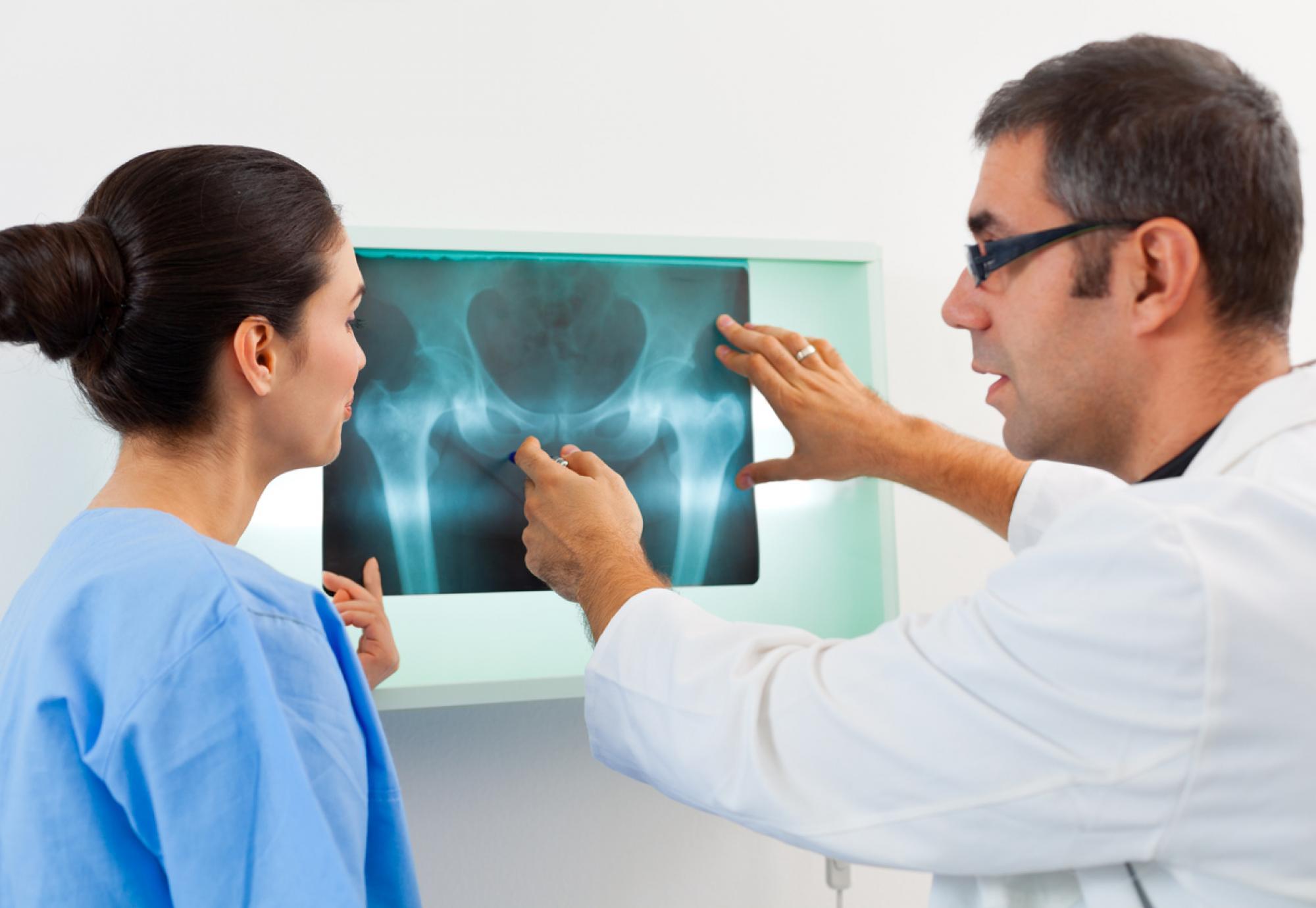Airedale NHS FT are collaborating with five NHS trusts to provide a service that supports hip fracture patients in their nutritional recovery. The initiative – known as HIP QIP 2 - has been shown to save lives, giving patients greater independence and helping them return home.
It aims to improve care for these patients, through introducing dedicated nutritional assistants on acute trauma wards, which is expected to improve their nutrition, and therefore aid their recovery.
Hip fractures are the most common serious and ward-based injuries in elderly, and it is thought that dedicated nutritional support could have a huge impact. The method has already demonstrated a significant impact on recovery.
Eloise Hill-Crane is the nutritional assistant on the orthopaedic ward at Airedale and explained the benefits of the new role: “As a nutritional assistant it’s my role to improve patient’s nutritional intake by making sure the correct meals are ordered, that patients have help to eat, making sure they are positioned properly and encouraging them with their food, and supporting staff on the ward.
“In the recovery time, patients with a fractured femur need energy through calories, and a high protein diet for recovery of their muscles and tissues after their operation. They need fluid for hydration and to prevent pressure ulcers because they are in bed a long time. They would have had to fast prior to the operation so won’t have eaten for a long time and so their bodies are really low on stores.
“The age range of those patients are at a higher risk of malnutrition while they are in hospital. Around 40% are at risk before they come in, and when they fast for 6 hours before their surgery, it is really crucial that we are fuelling their bodies with enough calories, energy and protein to recover. Good nutrition and good hydration can reduce confusion and delirium after an operation and in turn reduce the risk of falling. It is also better in terms of their physiotherapy afterwards; they will have more energy.”
It follows on from a successful scheme carried out by Northumbria Healthcare in 2016. The scheme had a team of assistants who made sure patients received extra nutrition. This resulted in a decrease in 30-day mortality, which went from 10.3% to 5.7% during the project. It meant an additional 119 lives were saved. The project recruited five nutritional assistants, which led to an extra 29,000 meals being provided. An extra 200 people were also able to return to their own homes, compared to what would have previously been the case.
Nick Bergin, Specialist Nutrition Support Dietitian and Acute Team Leader at Airedale, said: “We are delighted to be part of this safety programme which will help us to improve care for our patients and support further adoption across the NHS, so that many more patients can benefit in the future.
“By joining forces and working together, I am confident that we will be able to benefit many more patients and families beyond our local area.”
Professor Mike Reed, Clinical Director for trauma and orthopaedics at Northumbria Healthcare, and co-lead for the HIP QIP 2 project, said: “The overall ambition of this collaborative is to prove the case that through the introduction of a proven intervention of additional nutritional support we can save lives, secure greater independence for those who facture their hip, and financially incentivise NHS organisations through attainment of BPT (best practice tariff), to make nutritional assistants a routine member of their ward teams.
“By coming together and sharing best practice, I strongly believe we can make a real difference to patients across the NHS.”



















